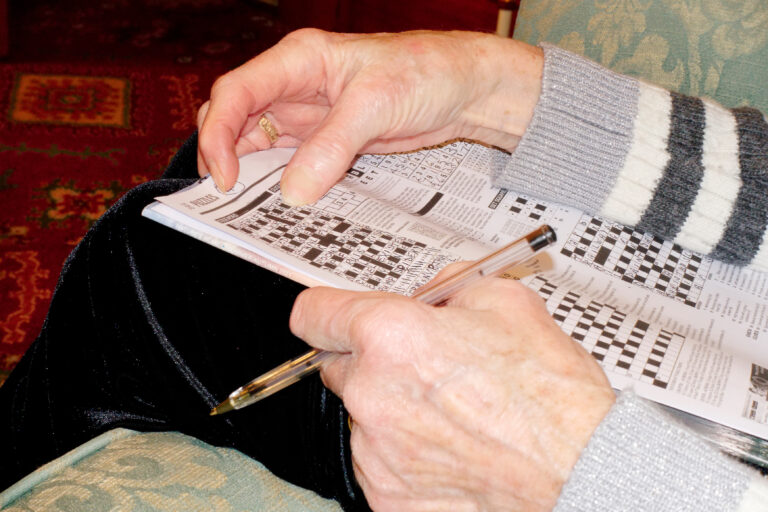**Resolving Legal Disputes Over Dementia Care Decisions Through Mediation and Counseling**
When a family member is diagnosed with dementia, it can be a challenging and emotional time for everyone involved. One of the most difficult aspects is making decisions about their care. Sometimes, family members may disagree on the best course of action, leading to legal disputes. Fortunately, there are ways to resolve these disputes without going to court. Mediation and counseling can be powerful tools in finding a solution that works for everyone.
### Understanding the Importance of Clear Communication
Clear communication is key in managing dementia care. When tensions run high, it can be hard to make decisions. This is where mediation comes in. A neutral third-party mediator, such as a counselor or social worker, can guide discussions and help family members find common ground.
### Assigning Roles and Responsibilities
Another way to manage caregiving is by clearly defining and assigning roles to each caregiver. This can prevent tasks from being overlooked or duplicated. For example, one family member might manage doctor’s visits and medications, while another tracks health changes and communicates with healthcare providers. By dividing responsibilities, the burden is shared, and everyone knows their role.
### Holding Regular Family Meetings
Regular family meetings are essential for reviewing and adjusting the care plan. These meetings allow family members and caregivers to come together, share updates, and make necessary changes. It’s helpful to have a clear agenda before each meeting, including speaking points like changes in health status, caregiving duties, or financial matters. This ensures that everyone is on the same page and that decisions are made collectively.
### Documenting Wishes and Preferences
It’s crucial to document the wishes and preferences of the person with dementia while they are still able to participate. This can include decisions about where they want to live, what medical treatments they prefer, and who they want to receive care from. Recording these preferences ensures that the person’s values and decisions are respected, even if they are unable to convey them later.
### Encouraging Honest Communication
Open and honest communication is vital in managing family dynamics and dementia care. Encourage family members to express their thoughts and emotions without judgment. If one family member is overwhelmed with caregiving tasks, another can offer support. Seeking guidance from a professional specializing in elder care can also help alleviate stress and provide practical assistance.
### Using Mediation to Resolve Disputes
When conflicts arise, such as disagreements on care choices like home care versus nursing facilities, mediation can be very effective. A neutral mediator can help family members discuss their concerns and find a solution that prioritizes the needs of the person with dementia. This approach ensures that decisions are made with the best interests of the individual in mind.
### Power of Attorney: A Legal Tool
Having a power of attorney (POA) document in place is also crucial. This document grants the authority to make significant health care decisions, including placing a loved one in a nursing home. If no POA exists, state law will generally determine who is given the legal right to make decisions. However, having a POA ensures that a trusted individual can act on behalf of the person with dementia, making timely medical decisions and ensuring their wishes are carried out.
### Seeking Legal Guidance
If disputes cannot be resolved through mediation or counseling, seeking legal guidance may be necessary. A knowledgeable elder abuse attorney can help evaluate the facts, gather evidence, and determine whether to file a personal injury lawsuit if the neglect results in significant harm or wrongful death. They can also advise families on preserving vital records such as medical charts, incident reports, and staff rosters that may be critical in proving neglect.
### Conclusion
Resolving legal disputes over dementia care decisions requires patience, understanding, and effective communication. Mediation and counseling can be powerful tools in finding a solution that works for everyone involved. By clearly defining roles, documenting wishes, and encouraging honest communication, families can manage caregiving more effectively. If necessary, seeking legal guidance can provide additional support





